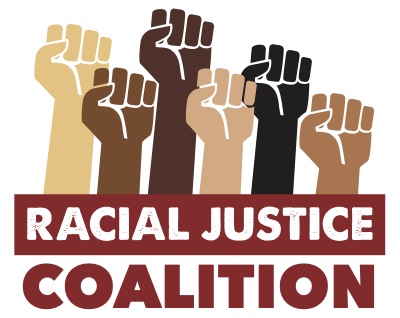The North Carolina Select Committee on Community Relations, Law Enforcement, and Justice is currently finalizing a report to the North Carolina General Assembly. It’s urgent that they make stronger proposals to keep Black and Brown kids out of the justice system. They are accepting public comments until Wednesday at 5 pm. Will you reach out to the Committee today?
Click here to make a public comment on their website.
Please fill out the form below so we know what you did or are planning to do. There are some talking points and further information below.
Here are some talking points that we’ve put together, borrowing heavily from the work of the folks at NC Child:
One key strategy I would urge the Committee to advocate for is the adoption of School Justice Partnership (SJP) agreements in all local school districts. Raise the Age legislation, passed in 2017, encourages these partnerships. I believe in finding as many alternatives to punitive measures and to involving law enforcement as possible, and strongly recommend increasing needed resources to nurture development and implementation of these SJP agreements. Currently, fewer than half of North Carolina school districts have these agreements in place. This is progress, but North Carolina can do better. SJP agreements are especially important because nearly half of all juvenile arrests occur in school, and a disproportionate number of those arrests are of children of color. We need to keep children in school and out of jail, and SJP agreements help do just that.
I also want to lift up recommendations to increase funding for support and re-entry services for formerly incarcerated parents and their families. Over 25,000 children in North Carolina have incarcerated parents. Such circumstances can lead to toxic levels of stress that can have a devastating impact on a child’s development, learning, and behavior. North Carolina can provide family members of incarcerated individuals with the social and practical support they need to cope during the extremely challenging time of family separation. Services can range from family reunification planning to school-based support groups for kids.
Here’s some additional context and information about School Justice Partnership agreements:
School Justice Partnership (SJP) agreements set up community support systems that extend beyond the law enforcement systems to find alternatives to Juvenile Court involvement for students who get in trouble at school. You can read a more complete description of SJPs here, and we’d also suggest checking out this fact sheet.
